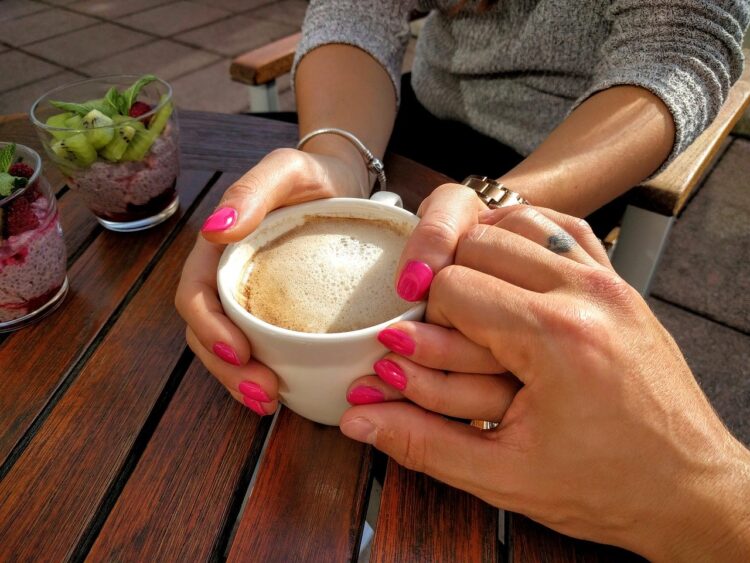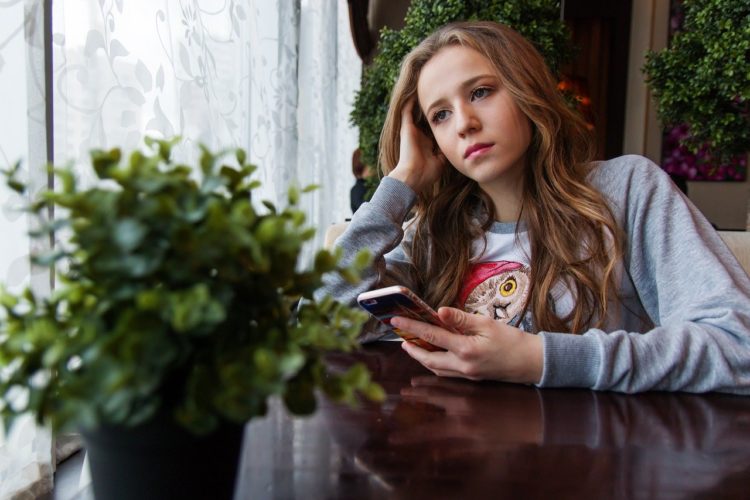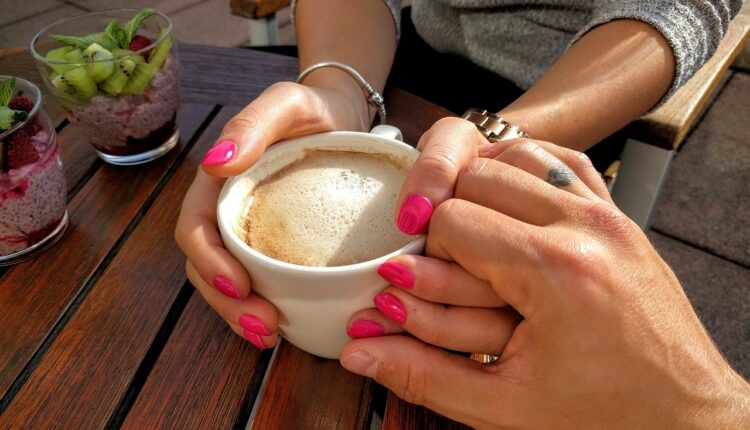How to nurture your relationship in lockdown
Lockdown is slowly lifting for some but many couples remain at home for long periods. This, says Wirral transformational mind coach Alison Blackler, can present big challenges for relationships She offers her advice on how to cope when the going gets tough

Humans do not deal all that well with uncertainty – not knowing what is happening causes more stress. In the face of a global pandemic, where the outcomes are largely unknown, many intimate relationships will experience an increase in tension and conflict.
Uncertainty breeds stress which breeds tension and then irritation. There is a risk of lashing out at your partner during lockdown, or the opposite closing down completely. If this is happening, you certainly won’t be alone.
But if you want to get out the other side with your relationship still intact, you might want to engage some better strategies.
The trick is to get through the conversation without someone feeling like they are being told what to do, or without someone appeasing or complying grudgingly and then later getting resentful.
A pandemic magnifies all existing inequalities, so if there were challenges already present in your home, they are likely to become a point of tension. Is one of you being expected to do the childcare while the other engages in paid work? How can you ensure each of you gets a break from the individual stresses those things entail?
Criticism
If your normal routine is spending most days apart, there is a good chance you are going to get on each other’s nerves. That is to be expected.
Try to make sure you have space to do your own thing, even if just nipping out for a walk or off to read a book, and when things do pop up that are getting to you, set aside a time to talk about them as calmly and empathetically as you can.
One thing you really want to avoid is criticism.
Whereas some relationship complaints are entirely legitimate, criticism is often used as a shield – where the overcritical person masks their own fear, hurt, sadness or shame by lashing out.
Criticism can be incredibly damaging to a relationship. It erodes trust and intimacy. It also has very little effect on the other person’s behaviour (other than causing them to become defensive) so if you want to see something change you might want to try a different tact.

Conflict resolution
When arguments do happen, it is more important now than ever to learn when and how to disengage, rather than escalate.
When we feel trapped we are more likely to operate from the primitive self-protected part of our brain, the limbic system. You need to get away from each other to let that part of the brain settle down, says Alison.
Easier said than done during a lockdown, but there are still options open to you.
Have a shower or a bath, listen to some calming music or relaxation programmes or music that you like using headphones. Going for a walk or a run is also a great option. These are all quick and simple ways to change your mood state.
When we physically move, it reminds your mind that you are not trapped and that “we have choices”.
Do remember to come back together when the mood has settled and try again. Many couples swear by a regular check-in, where grievances can be aired and worked through although the key to this is everyone’s feeling up to it.
It is also important to ensure that both parties getting a say.
Shutting down or going on and on – talking ‘at’ the other person or needing to talk a lot, are two different ways of dealing with anxiety and stress. Neither are that helpful, so try not to do either of these two extremes.
While isolation is understandably causing stress and anxiety for many, let’s hope that lots of couples are pulling together better than they usually do.
While an increase in relationship tension during isolation is normal, it should never be used as an excuse for physical or sexual violence. If you’re feeling unsafe, reach out to one of the organisations below.
The police
Call the UK police non-emergency number, 101, if you need support or advice from the police and it’s not an emergency. If you’re deaf or hard of hearing, use our textphone service on 18001 101.
Worst Kept Secret helpline (Merseyside) 0800 028 3398. This is a free and confidential helpline that doesn’t show up on landline bills.
Wirral
Wirral Domestic Abuse Services and Family Safety Unit
0151 666 4914
Information on how victims of domestic abuse can get help, plus details of other Wirral-based agencies and charities that can provide support.
Sefton
Sefton Women’s and Children’s Aid (SWACA)
South Sefton: 0151 922 8606
North Sefton: 01704 500 647
Gives free practical and emotional support to help young people and children survive the impact of domestic violence and abuse.
Knowsley
Knowsley Hate Incident and Domestic Abuse helpline
0800 953 4433
Helpline that provides advice and information to those who have suffered a hate incident or domestic abuse.
St Helens
St Helens Independent Domestic Violence Advocate
01744 743 200
Advocates provide free and confidential support for both male and female victims of domestic abuse.
Alison Blackler is founder of Wirral-based consultancy 2minds and has just published her first self-help book, A Path Travelled. Click here for more information.

